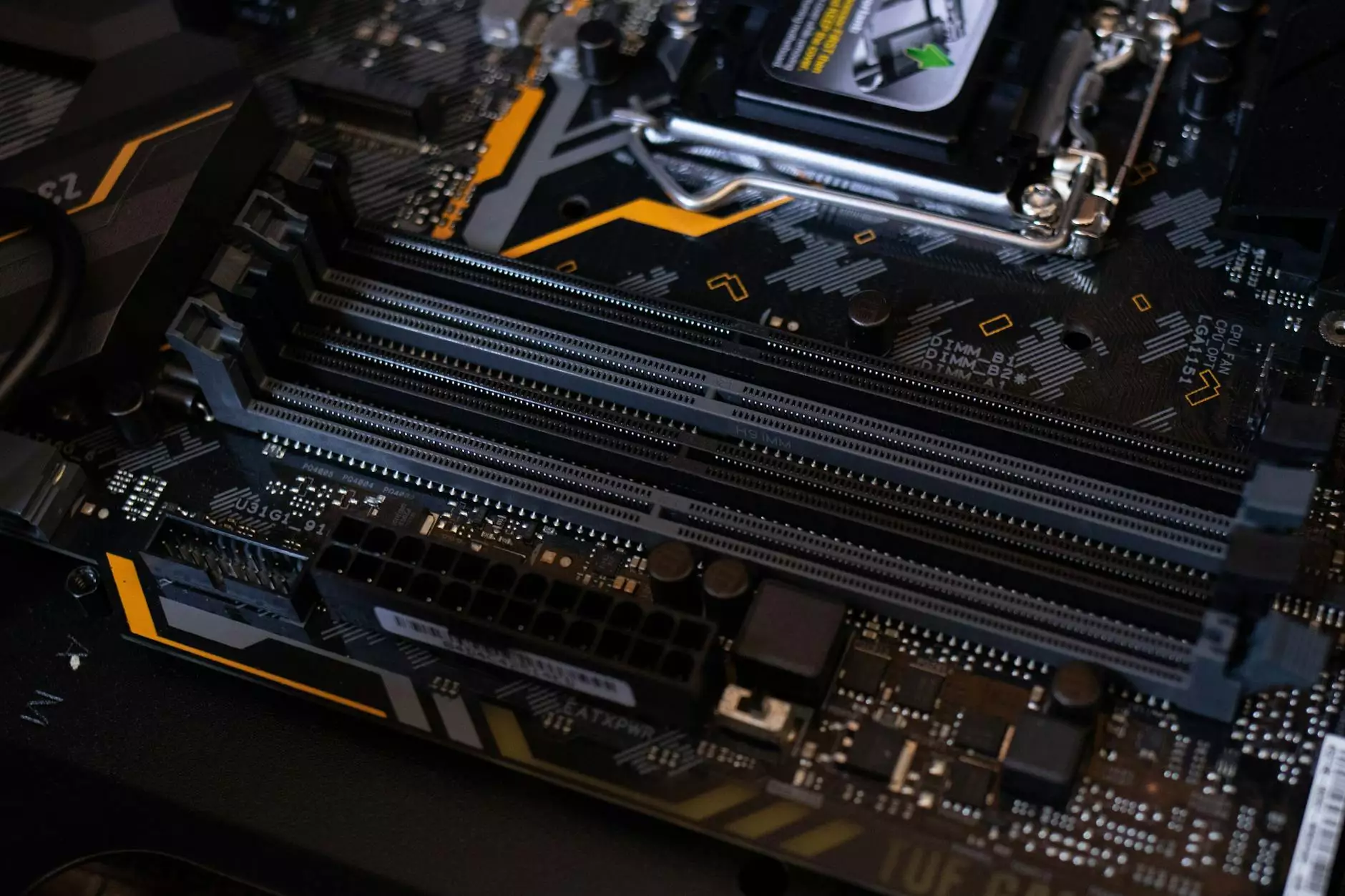Maximizing Efficiency in Grain Management for Modern Farming

Grain management is an essential aspect of successful farming operations, playing a pivotal role in the transformation of raw agricultural produce into market-ready commodities. The effective handling of grain from the point of harvest through storage and transport is crucial in ensuring that farmers achieve optimal yield and profitability. Understanding and implementing advanced grain management techniques can vastly improve operations, reduce losses, and enhance overall farm productivity.
Understanding Grain Management
Before delving into specific strategies, it is vital to comprehend what grain management entails. At its core, grain management encompasses the processes of handling, storing, and shipping grain. It includes:
- Harvesting: The first step that involves collecting mature crops.
- Drying: Reducing moisture levels in grain to prevent spoilage.
- Storing: Safeguarding the grain in facilities that maintain quality.
- Marketing: Effectively selling the grain in the market.
Involving various practices and technologies, efficient grain management can significantly lower operational costs and minimize waste across the farming lifecycle.
The Importance of Equipment in Grain Management
The equipment used in grain management is a critical factor that influences efficiency and productivity. Investing in high-quality, well-maintained equipment ensures that each phase of grain management operates smoothly. Here are some key pieces of equipment vital for effective grain management:
- Combine Harvesters: Essential for the efficient harvest of grains, allowing farmers to cut and thresh in a single process.
- Grain Dryers: Crucial for reducing moisture content to protect grain quality and ensure longevity.
- Grain Bins: Storage spaces designed to maintain the quality of grains and protect against pests and spoilage.
- Conveyors and Elevators: Important for the transportation of grain from the farm to storage facilities.
Regular maintenance and timely repair of this equipment can prevent breakdowns during critical farming periods. Why is this so important? Because downtime can lead to significant financial losses, particularly during peak harvest seasons.
Farm Equipment Repair: A Key Component of Grain Management
Farm equipment repair plays a vital role in maintaining the efficiency of grain management operations. Here’s how prioritizing equipment repair can benefit farmers:
- Increased Reliability: Routine maintenance checks and repairs ensure that equipment is always ready for use, minimizing the risk of equipment failure.
- Enhanced Performance: Well-maintained equipment operates more efficiently, reducing fuel consumption and labor costs.
- Prolonged Lifespan of Equipment: Regular repairs can significantly extend the lifespan of farming machinery, providing better value over time.
Farmers should establish a routine maintenance schedule with a reputable farm equipment repair service, such as TSGC Inc., to keep their machinery running smoothly and effectively support their grain management needs.
Implementing Advanced Grain Management Techniques
With the increasing unpredictability of climate and market conditions, adopting advanced techniques in grain management has become more crucial than ever. Here are some innovative strategies that modern farmers can implement:
1. Precision Agriculture
Precision agriculture utilizes technology, such as GPS and data analytics, to monitor and manage field variability. This approach allows farmers to:
- Optimize Input Usage: Apply the right amount of seeds, water, and fertilizers precisely where needed, enhancing yield while minimizing waste.
- Enhance Decision-Making: Use data insights to make informed choices about harvesting, planting timelines, and grain management.
2. Digital Inventory Management
Utilizing software for digital inventory management enables real-time tracking of grain supplies. Key benefits include:
- Accurate Record-Keeping: Maintain precise records of grain storage and movement, aiding in forecasting and planning.
- Improved Logistics: Streamline transportation and delivery schedules by having accurate, up-to-date information on grain inventory levels.
3. Sustainable Practices
Implementing sustainable grain management practices not only benefits the environment but also enhances farm profitability. Techniques include:
- Crop Rotation: Reduces pest buildup and improves soil health, leading to better yields.
- Cover Cropping: Protects soil, improves moisture retention, and prevents erosion, thereby enhancing long-term grain productivity.
These sustainable practices ensure that farmers are not only operating efficiently but are also preserving their land for future generations.
Training and Education in Grain Management
As technology in agriculture continues to advance, ongoing training and education become vital for farmers to remain competitive. Here are some avenues for effective learning:
- Workshops and Seminars: Participating in local farming workshops provides hands-on experience and networking opportunities.
- Online Courses: Numerous agricultural institutions offer online courses focused on grain management and farm equipment repair.
- Peer Collaboration: Collaborating with other farmers can provide invaluable insights and shared experiences to tackle common challenges.
By investing in education, farmers can stay ahead of industry trends and incorporate new techniques into their grain management practices.
The Role of Technology in Modern Grain Management
Technology continues to revolutionize the agricultural sector, particularly in grain management. Key technologies impacting the field include:
1. IoT Devices
Internet of Things (IoT) devices facilitate smart farming by connecting devices and collecting data. For grain management, IoT devices can:
- Monitor Grain Conditions: Sensors can track temperature and humidity levels in storage facilities, ensuring ideal conditions.
- Automate Processes: Automated systems can streamline irrigation and other tasks, allowing farmers to focus on strategic decision-making.
2. Drones
Drones are becoming increasingly popular for various farming tasks, including:
- Field Monitoring: Drones can assess crop health and detect variations in growth, aiding in timely interventions.
- Mapping Fields: Detailed aerial maps help farmers visualize their fields and plan grain management strategies effectively.
3. Artificial Intelligence
AI can analyze data from various sources to help farmers make more accurate predictions regarding grain production and market trends, ultimately improving decision-making.
Conclusion: Embracing a Holistic Approach to Grain Management
In conclusion, grain management is crucial to modern farming, impacting everything from yield to profitability. To thrive in a competitive market, farmers must embrace advanced techniques, prioritize regular farm equipment repair, and leverage technology. By doing so, they can enhance the efficiency of their operations, reduce waste, and ensure their farms' long-term success. TSGC Inc. stands ready to assist farmers in optimizing their grain management processes through top-notch farm equipment repair services and expert advice. Together, we can cultivate a future of innovative and sustainable farming practices.









